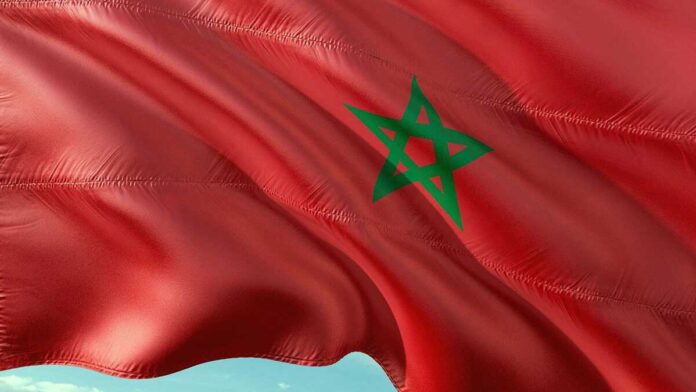Morocco is rolling out a wide-ranging set of social and wage reforms aimed at raising living standards and modernizing public services. The measures, unveiled by the government, represent one of the most ambitious efforts in recent years to reshape the country’s socio-economic landscape.
Starting July 1, 2025, public sector workers will see a substantial boost in their minimum net salary, which will rise from 3,000 to 4,500 dirhams—a 50% increase. This is part of a broader plan to lift the average net monthly salary for government employees to 10,100 dirhams by 2026, compared to 8,237 dirhams in 2021. The full cost of these sweeping reforms is projected at 45.7 billion dirhams by 2026.
The education sector has seen some of the most significant investments, with a 17 billion dirham budget dedicated to addressing pay disparities. A landmark agreement reached at the end of 2023 granted a 1,500 dirham raise to around 330,000 civil servants, including teachers. In addition, approximately 12,000 higher-ranking employees received increases in their grade-based allowances.
Healthcare workers are also benefiting. A separate 3.5 billion dirham package was allocated to raise nurses’ salaries by 500 dirhams, improve pay for administrative staff, and enhance risk-related compensation. For the first time, university-level researchers affiliated with the Health Ministry are included in this compensation scheme, following a government decree.
Higher education hasn’t been left behind. A dedicated 2 billion dirham fund is being used to improve the salaries of 15,000 academic researchers and professors.
On the social front, a direct aid initiative launched in December 2023 aims to provide ongoing financial support to nearly 3.9 million families. The assistance includes monthly payments, a birth grant for the first two children, and fixed aid for households without children or with children over 21. Additional support is available for orphans and children with disabilities. Funding for this program is expected to reach 27.1 billion dirhams by the end of 2025, rising to 29.4 billion dirhams in 2026.
Housing support is also a priority. Since the direct housing aid program began in January 2024, around 130,000 applications have been received—about a quarter from Moroccans living abroad. The government has committed 3.5 billion dirhams to fund this initiative.
Together, these reforms reflect the Moroccan government’s commitment to strengthening social cohesion, improving quality of life, and fostering an inclusive national dialogue—aligned with the vision outlined by King Mohammed VI.




